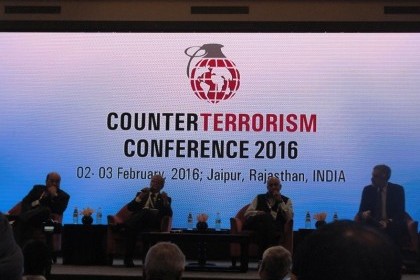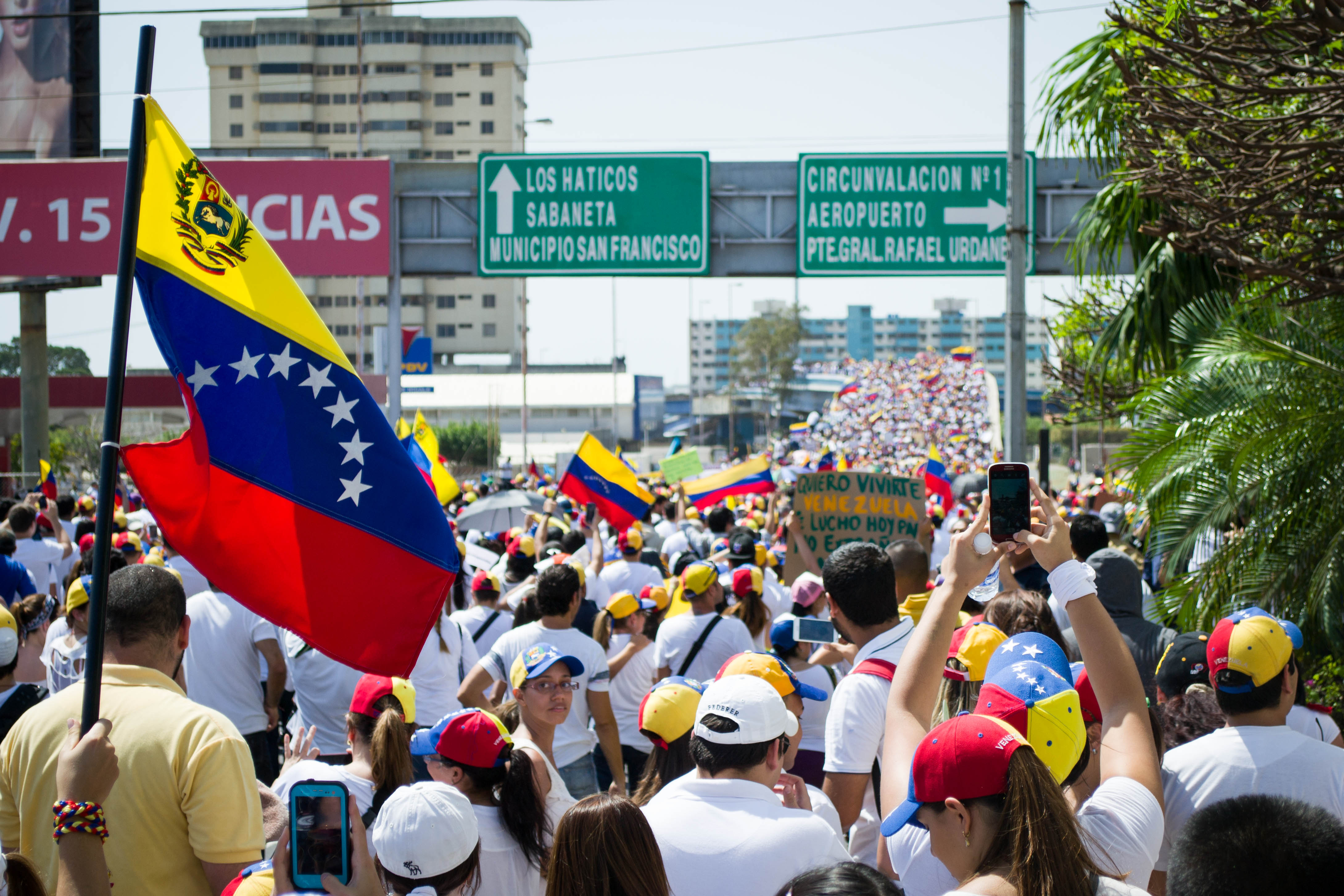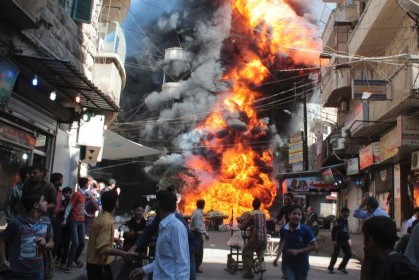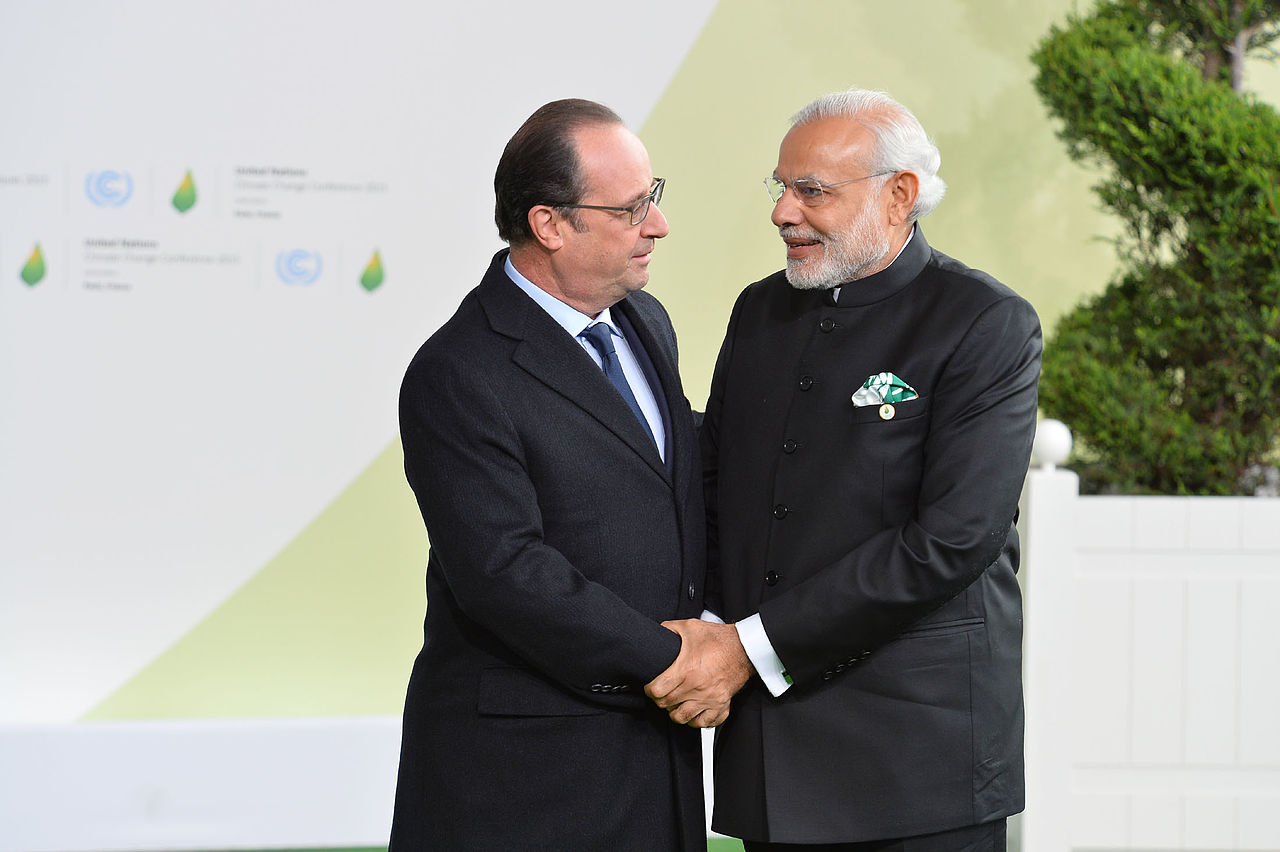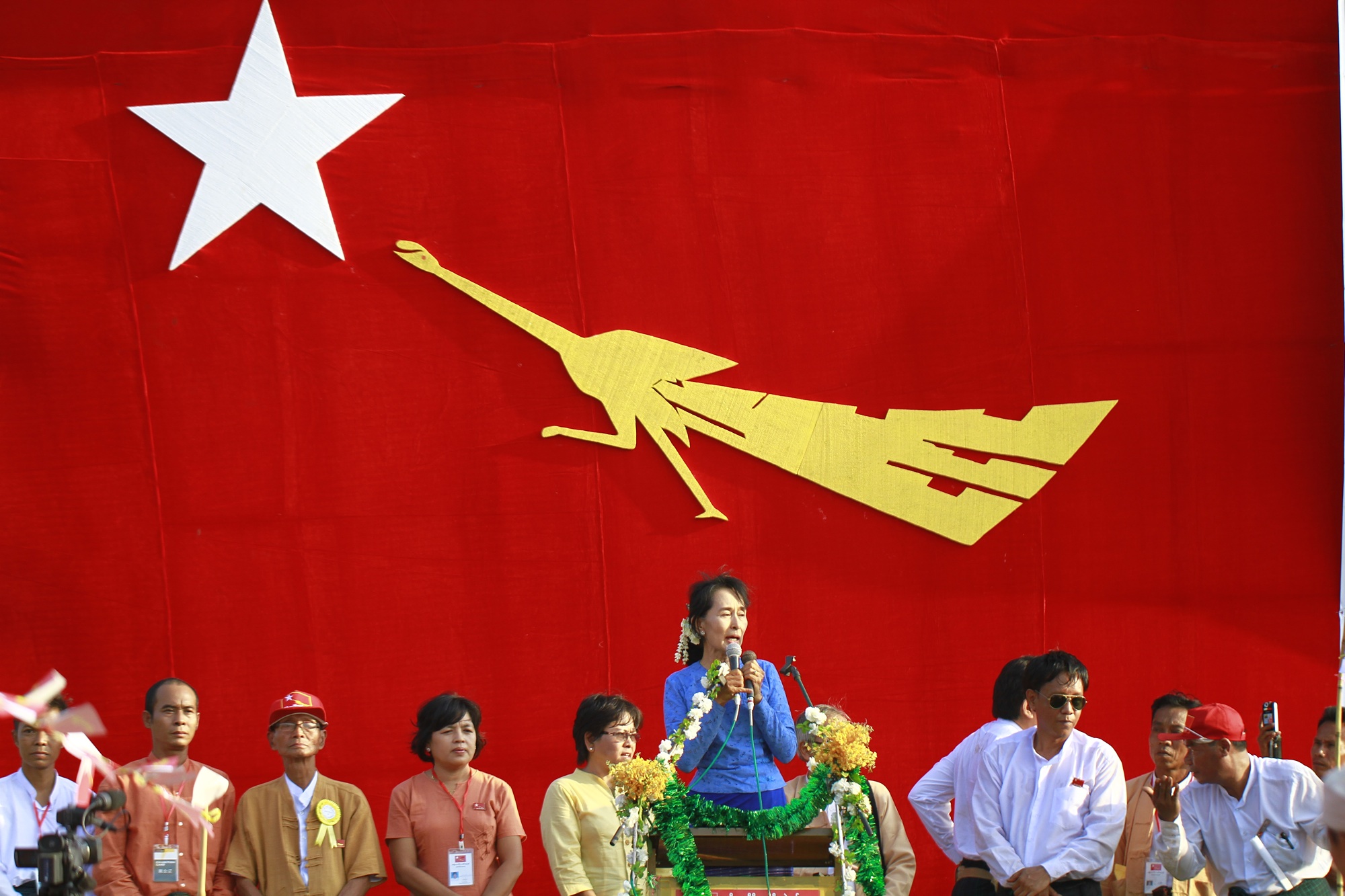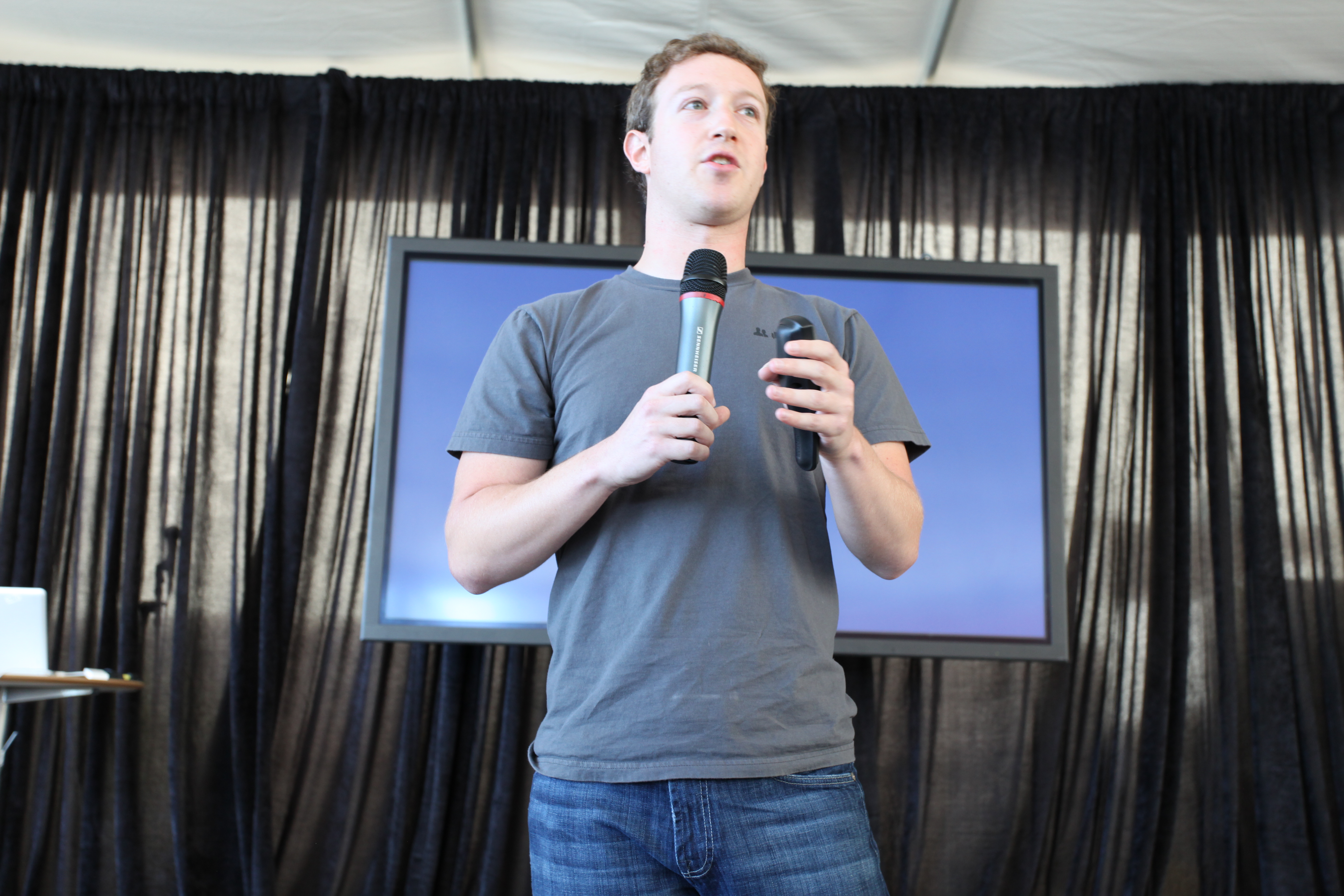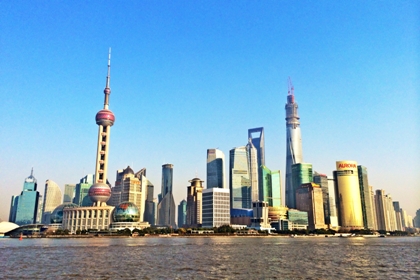Modi’s neighbourhood doctrine
The Indian government and businesses should stay away from giving an overly “mercantile” attitude to foreign policy and investments abroad. A deal secured by only economic heft and preying on weakness is likely to produce only bitter fruit later on.


